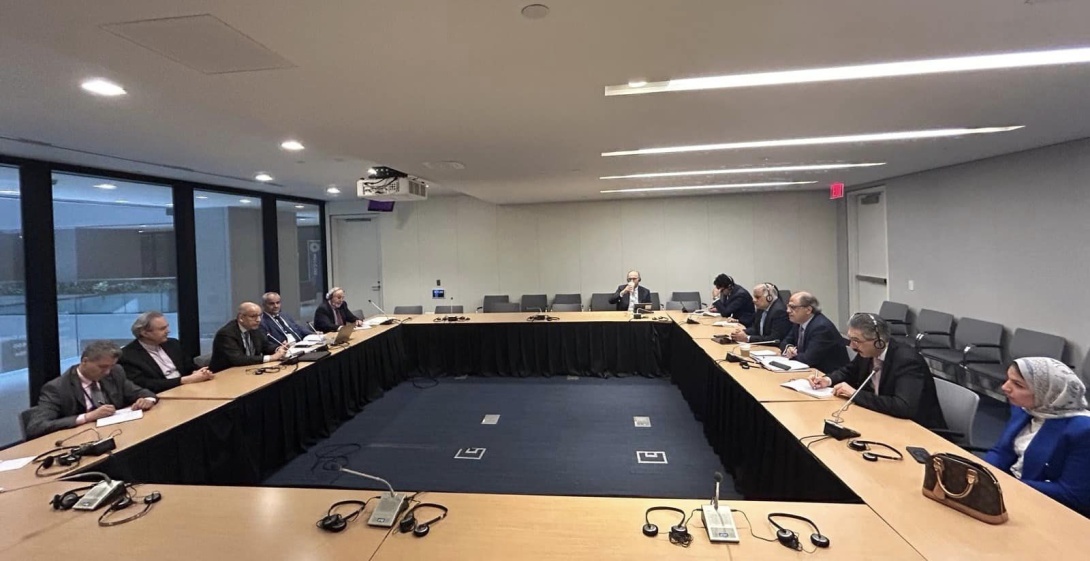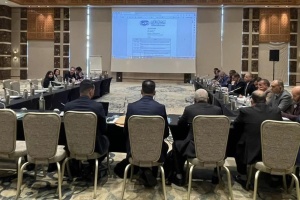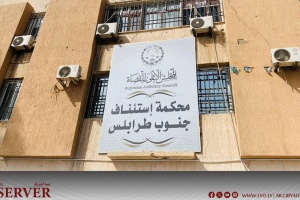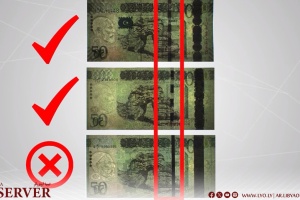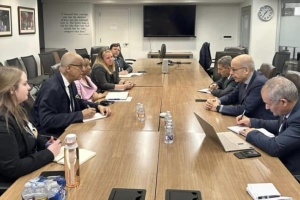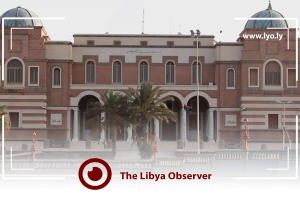The Central Bank of Libya (CBL) announced the launching of "Article IV" consultations for the second year in a row with the International Monetary Fund (IMF) team as well as relevant state institutions at the beginning of May 2024.
This announcement came during a meeting at the IMF's headquarters in Washington, DC, last Saturday, in the presence of the Governor Al-Siddiq Al-Kabir, the Director of the Middle East and Central Asia Department at IMF, Jihad Azour, and others. The meeting touched upon preparations for Article IV consultations for the current year, after their success last year.
The meeting also discussed the latest developments in the unification process, the financial and economic conditions in Libya, the Central Bank’s measures to maintain the state’s financial sustainability, exchange rate stability, disclosure and transparency mechanisms, and technical support as well as training programs.
Article IV of the Agreement Establishing the International Monetary Fund stipulates the holding of bilateral discussions with member states, usually conducted on an annual basis, during which a team of fund experts visits the member country, collects the necessary economic and financial information, and holds discussions with officials about economic developments and policies in that country.
After returning to IMF headquarters, the experts prepare a report that forms the basis for Executive Board discussions. At its conclusion, the Director General of the IMF provides a summary of the views of the executive directors, and this summary is sent to the authorities in the member country.
The IMF resumed its direct discussions with Libyan officials on economic developments and policies in March 2023, after suspending them in 2013 despite Libya’s continued membership in the United Nations’ financial institution.
In its last review, the IMF recommended reviewing the public spending policy, setting it at sustainable rates, the fuel subsidy policy, expanding the state’s cadre, addressing job duplication, stimulating the private sector, to diversify sources of income, not relying on oil as the sole source of spending, and cleaning the database of citizens.

